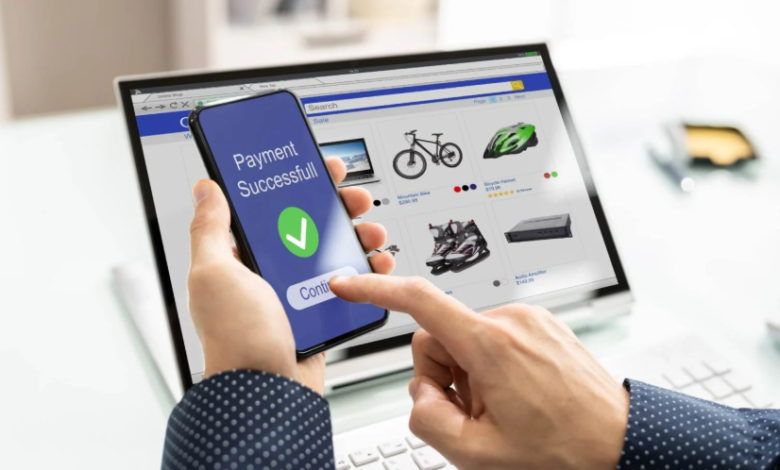Optimizing Your Online Experience

Understanding the Need for Digital Privacy
In an era where the internet has become an integral part of daily life, ensuring the safety of personal and professional information is vital. Cyber threats, ranging from identity theft to malware attacks, are increasing in both sophistication and frequency. Internet users face risks every time they access unprotected networks, making it crucial to take proactive measures to secure sensitive data.
Public Wi-Fi networks, such as those in cafes, airports, and hotels, are particularly vulnerable. These networks are often unsecured, leaving users’ data exposed to hackers. Passwords, banking details, and personal communications are at risk without proper encryption and security measures. Understanding these risks is the first step in maintaining online privacy.
How VPNs Contribute to Online Security
Virtual Private Networks (VPNs) provide a reliable solution for protecting online activity. By encrypting the data transmitted between a device and the internet, VPNs prevent unauthorized access to personal and sensitive information. This ensures that online communications and financial transactions remain secure even on public networks.
VPNs also hide users’ IP addresses, enhancing anonymity. This feature allows users to browse safely, access geo-restricted content, and minimize tracking by advertisers or malicious actors. Many VPN providers offer extensive server networks, strong encryption protocols, and easy-to-use interfaces for a seamless and secure online experience.
Advantages of Using a fast vpn
A fast vpn combines security with performance, ensuring users enjoy a safe online experience without compromising speed. Encryption is essential for security, but it should not slow down browsing, streaming, or other online activities. A fast vpn ensures optimal performance, making it suitable for work, entertainment, and communication.
For instance, streaming platforms often restrict content based on location. A fast vpn not only enables access to these platforms but also maintains smooth streaming without buffering. It also ensures secure access to public networks, keeping sensitive information safe while preserving high-speed connectivity.
Features to Look for in a VPN
Selecting the right VPN involves careful consideration of several key features. Encryption strength, server coverage, connection speed, compatibility with multiple devices, and responsive customer support are all important factors. The ideal VPN provides robust protection while remaining intuitive and user-friendly.
For businesses, VPNs are indispensable for secure remote access to company resources. Employees working from home can safely connect to internal networks, ensuring confidential data is protected. Individual users benefit by maintaining privacy, avoiding tracking, and accessing content unrestricted by geographical barriers.
Common Misconceptions About VPNs
Many people believe that using a VPN automatically slows down internet connections or that only paid services are secure. A fast vpn disproves these myths by providing optimized servers and efficient protocols that maintain speed while offering strong security.
It is also a misconception that VPNs are only necessary for business users. Everyday internet activities, such as online banking, social media, and streaming, benefit significantly from VPN protection. Awareness and correct usage can maximize the advantages of a VPN while avoiding common pitfalls.
See also: Applications of RGB Laser Module in Modern Technology
Integrating VPN Use with Broader Security Measures
While VPNs are highly effective, they should be part of a broader approach to digital safety. Using strong passwords, enabling two-factor authentication, keeping devices updated, and practicing cautious online behavior significantly enhance security.
When combined with a fast vpn, these practices create a multi-layered defense system. Encryption ensures data is protected during transmission, IP masking reduces tracking, and user vigilance addresses potential vulnerabilities. This holistic approach ensures a safe and efficient online experience.
Practical Applications for VPNs
VPNs are versatile tools for various online needs. They allow users to browse anonymously, secure sensitive communications, access public Wi-Fi safely, and bypass geographical restrictions on content platforms. Businesses rely on VPNs to maintain secure communications for remote employees and protect confidential data from potential threats.
A fast vpn offers the added advantage of speed. Whether for streaming, gaming, or conducting online work, it ensures that security measures do not hinder performance. Users can enjoy seamless connectivity while maintaining privacy and protection against cyber threats.
Preparing for Future Cyber Threats
As technology evolves, cyber threats continue to grow in complexity. Hackers develop increasingly sophisticated methods to exploit vulnerabilities, emphasizing the need for proactive security measures.
VPNs, including a fast vpn, remain essential tools in safeguarding personal and professional information. When combined with secure practices and user awareness, they provide a strong foundation for safe internet use. Users can confidently browse, communicate, and conduct transactions without compromising their data.
Conclusion
Maintaining online privacy and security is critical in today’s connected world. VPNs, particularly a fast vpn, offer encryption, anonymity, and safe access to restricted content, making them invaluable for individuals and businesses alike.
By integrating VPN usage with strong passwords, careful online behavior, and updated software, users can implement a comprehensive digital security strategy. This approach ensures a safe, fast, and unrestricted online experience while protecting sensitive information from evolving cyber threats.



